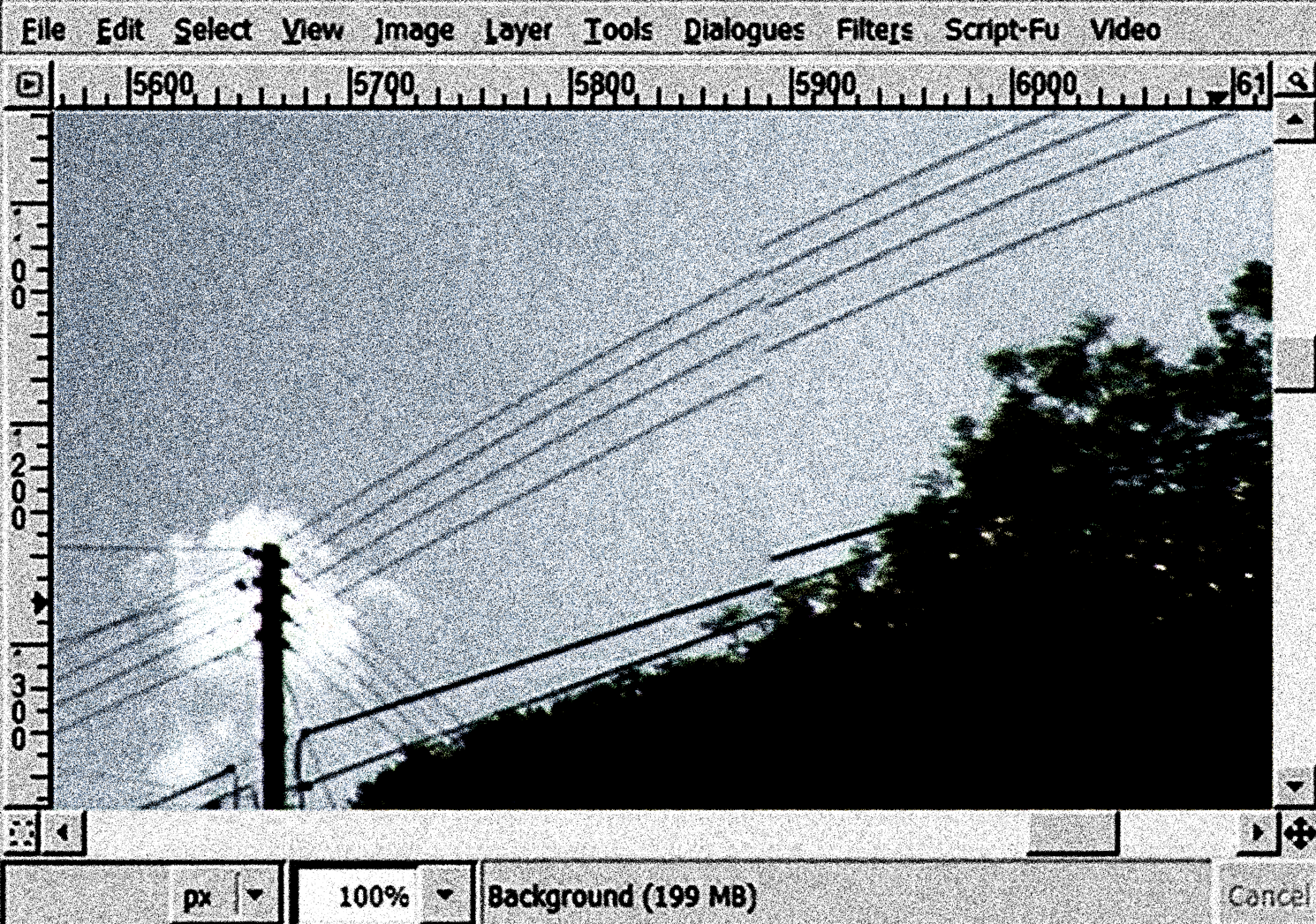6-7 January 2020 // Systems of Social and Technological Organization
Maria Paula Diogo, Liliana Coutinho, José Augusto Pádua
One of the critiques by historians to the concept of Anthropocene is its ahistoricity and the assumption that human society is/was a homogeneous, flat and free-floating reality. In this seminar we propose to bring to the forefront of the debate the divide between those who explore and those who are explored, by focusing on the role of European colonial science, technology and medicine — anchored in a global worldwide epistemology based on the Baconian idea of progress and growth — in changing the very concept of ecology, both in colonial and post-colonial periods.
We argue that the process of domestication of overseas territories is critical to understand and discuss, from an historical perspective, the concept of Anthropocene. Large technological systems – railways, roads, dams, urbanization, sanitation – allowed for the successful implementation of new agricultural, commercial and demographic maps in colonial settings, thus designing unbalanced landscapes of prosperity and poverty in a global scale that are still visible (and maintained) today in post-colonial contexts. We propose to center the discussion on a stratigraphy of values carved in the long-durée trend by which global techno-scientific epistemology based on the concepts of progress, growth, naturalization of technology and commodification of nature became the hegemonic worldview. Based on this hegemonic view, nature became a human construction (or destruction, for that matter) and this paradox is now perceived as the “new normality”.
